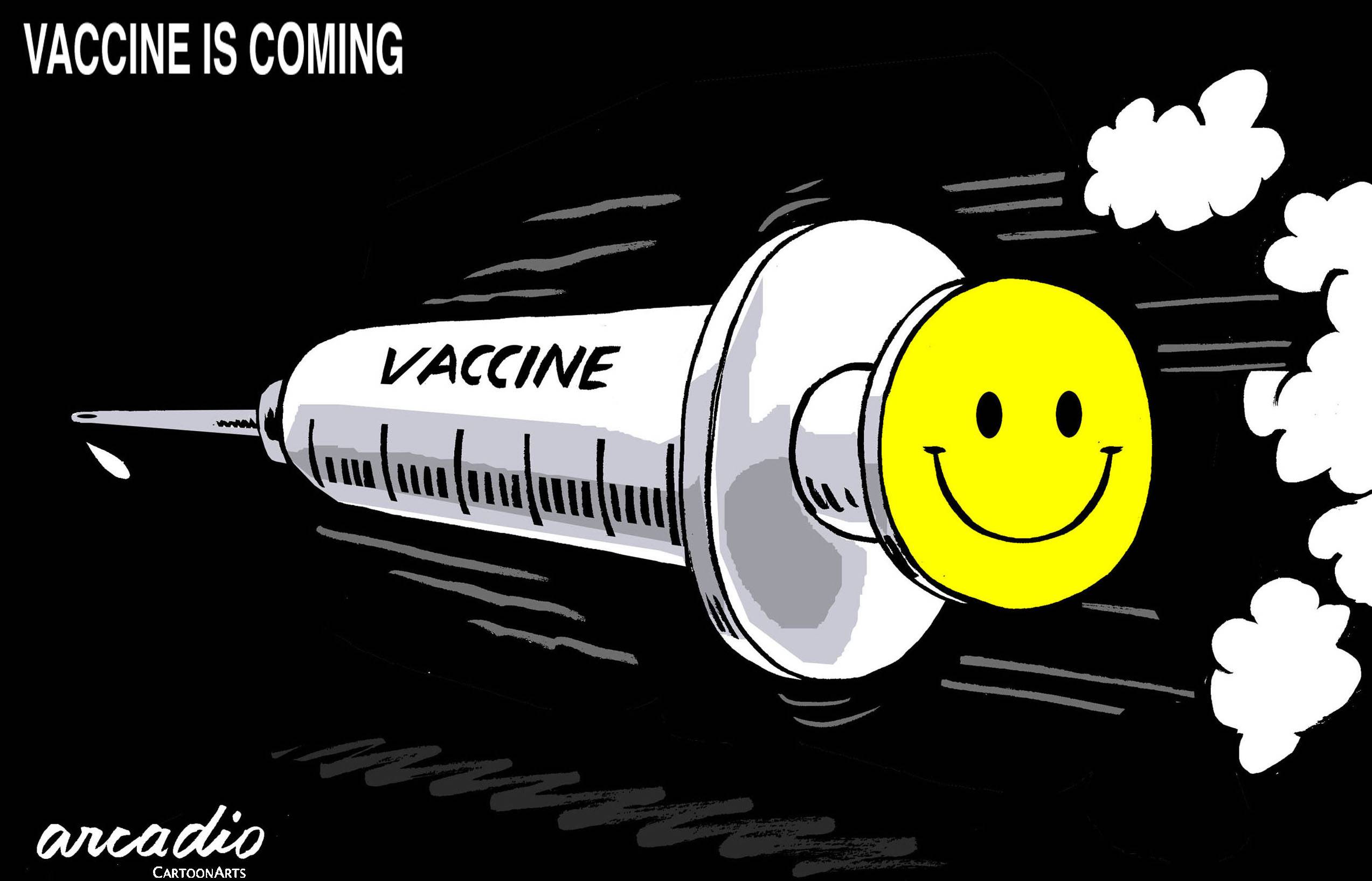Intellectual property is a convenient fiction. It is a right enforced by state power and international agreements, one that’s even more fragile than other forms of property rights since it’s not tangible. We choose to believe this fiction because we also believe that intellectual property adds to general welfare. It permits innovation and growth, and supports writers, artists, inventors — and pharmaceutical companies.
But crises upend beliefs and we are in a crisis at the moment. We should all hope the tradition of treating intellectual property as a real thing survives the pandemic. That hope must be especially keen among the companies most at risk if the myth breaks down: the pharma industry.
Nothing is more likely to test this consensus than hints of profiteering off the war against COVID-19. A Financial Times report that the U.S.-based company Moderna Inc. has sought to price its vaccine candidate around $50 to $60 per course, for example, has shaken public health establishments across the world. The story also suggested that while Moderna might offer developing countries a lower price, rich countries would get privileged access to the vaccine.



















With your current subscription plan you can comment on stories. However, before writing your first comment, please create a display name in the Profile section of your subscriber account page.